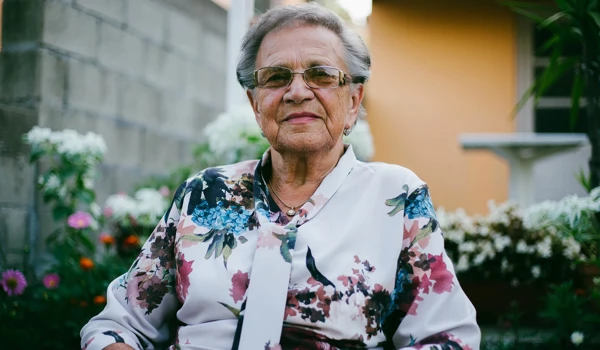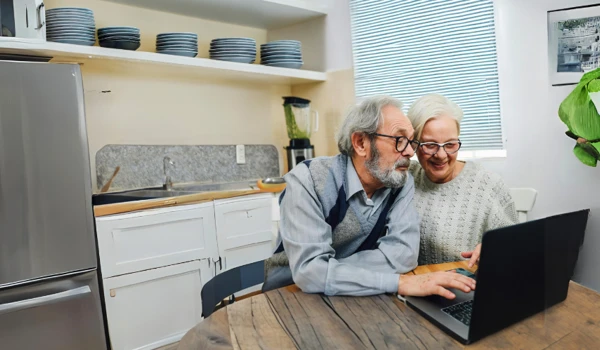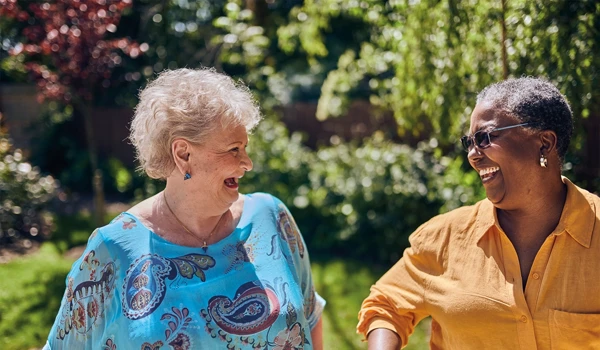Care needs assessment
If you think you, or someone you know, needs care, the first step is to get a care needs assessment from your local council.
How do I get a care needs assessment?
To get a care needs assessment you’ll need to contact the social services department of your local council and explain you need support with everyday tasks like cooking, dressing and washing. You are entitled to an assessment regardless of your financial status and what your needs are. There is no charge for a care needs assessment. You can call them or get in touch online:
Apply for a care needs assessment
What happens during a care needs assessment?
A social care professional from the council will visit you to find out how you are coping with everyday activities. Some of the things they will look at include:
- Your health and housing requirements
- Ability to carry out every day tasks such as eating, drinking, dressing and washing
- Your mobility
- Your needs and wishes
- Any risks to your physical and mental health
- Social life i.e. access to community services such as shops, churches, leisure centres; whether you are able to maintain contact with family and friends; your ability to work
The assessor will also take into account opinions of your GP and any other professionals who care for you. This is to make sure they have as much information about you to make the best decision about your needs.
How should I prepare for the assessment?
Before your care needs assessment you should think about what kind of support you feel you need such as:
- ‘I need help getting dressed in the mornings and evenings’
- ‘I need to be reminded to take my medication’
- ‘I am unable to cook hot meals that take a lot of preparation’
By giving as much detail as you can about all the elements of daily life you struggle with, no matter how small, your assessor can make a far more informed decision regarding your results.
Can I have someone with me during the assessment?
Yes. If you have a friend or carer who is available, ask them to be there during your assessment especially if you aren’t confident explaining your situation.
If you aren’t able to have a friend, relative or carer present you can use an advocate. Advocates can help you fill in forms and speak on your behalf should you wish them to. You can use the NHS tool to find an advocate in your area.
What happens after the assessment?
- You should receive your results within a week of the assessment. If you disagree with the outcome of the assessment you might want to contact one of the organisations listed below for further help.
- You will need a means test to find out how much you need to contribute towards the cost of your support.
I still need more information, where can I go?
Here are some useful organisations which may be able to provide you with more information:
- GOV.UK has a range of information on planning for retirement, including information and advice on pensions, tax and benefits.
- FirstStop Advice is an independent free service offering advice and information for older people, their families and carers about housing and care options in later life. You can call them on 0800 3777070.
- The Money Advice Service is an independent service set up by the government to help people make the most of their money. Their advice is free and unbiased, and can be contacted online, by phone or face to face. Call 0300 5005000 for an appointment.
- Age UK is a large national charity offering advice, information and guidance on a range of later life matters. Call their advice line on 0800 169 6565.
Next steps

When is the right time to move into a care home?
Moving to a care home can be an emotional time but making plans early and getting the information and advice you need will help make any changes much easier and less stressful.

How will I finance my move?
Arranging care at home or moving into residential care or sheltered housing can be a complex process, but we’re here to help. Below we’ll take you through paying for care, step by step.

Tips for settling into your retirement home
At Abbeyfield, we want new residents to feel at home as quickly as possible, so we’ve put together a few tips, as suggested by our residents, to help you settle in quickly.
